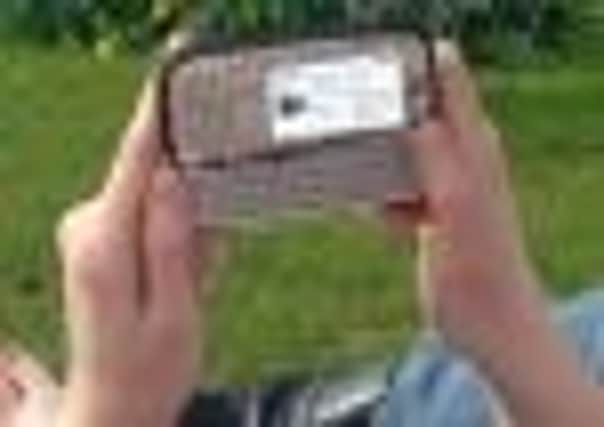Tech talk: with David Behrens


The speed was a fraction that of today’s most basic connections. Today, speed is king, as broadband companies fall over themselves to offer faster and faster connections.
The way phone companies bring broadband to our homes is changing. Now the buzzword is fibre-to-the-cabinet, or FTTC for short. Data can be sent from telephone exchanges to roadside cabinets near your house via fibre-optic cable, bringing faster broadband within reach of many more of us. So, in the space of two years or so, the achievable speed for many of us has jumped from about five to 24 or even 40Mb. This is important because as the demand for resource-hungry services like the BBC iPlayer grows, so does the potential for bottlenecks in your home network. The actual speed to your home will depend on how far you are from the exchange, and how your internet company manages its connections. Nevertheless, you can get a reasonable idea of what to expect by reading between the lines of the adverts. If the advertised speed is “up to 8Mb” or lower, it will use the oldest available technology. You may be lucky to see 2Mb – not fast enough to watch the iPlayer without it stuttering. If the advertised speed is 20Mb, it means the company has installed its own equipment in your local BT exchange and can offer faster connections for less money. This is generally the best deal to go for. Except to pay about £12-15 a month from the likes of O2. If the advertised speed is 40Mb, you’re getting a “superfast” FTTC connection – currently the best available if your home isn’t in a Virgin cabled area. BT’s Infinity service falls into this category at £20 or £25 a month. If you live in a cabled area, Virgin is promising to roll out 100Mb broadband at £48 a month, including a cable phone line.
If you have questions, leave a comment with the online version of this article on our website at yorkshirepost.co.uk/lifestyle. I’ll answer as many as possible.